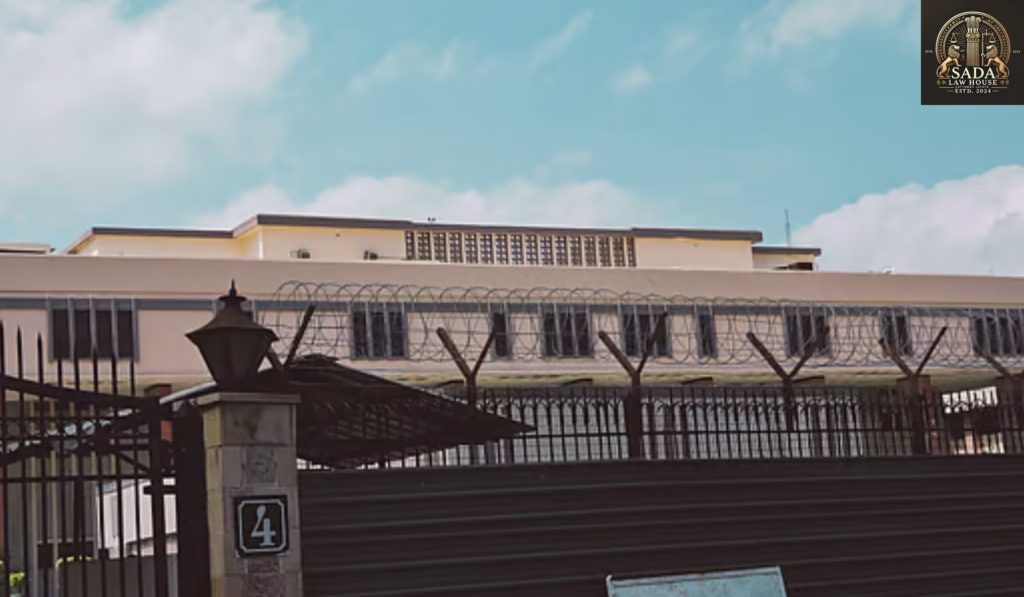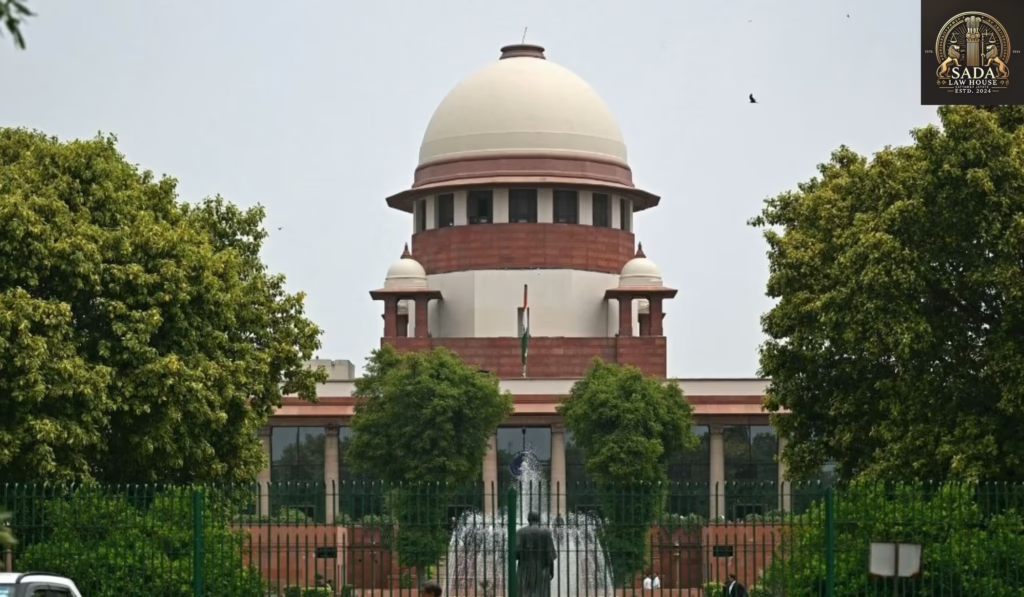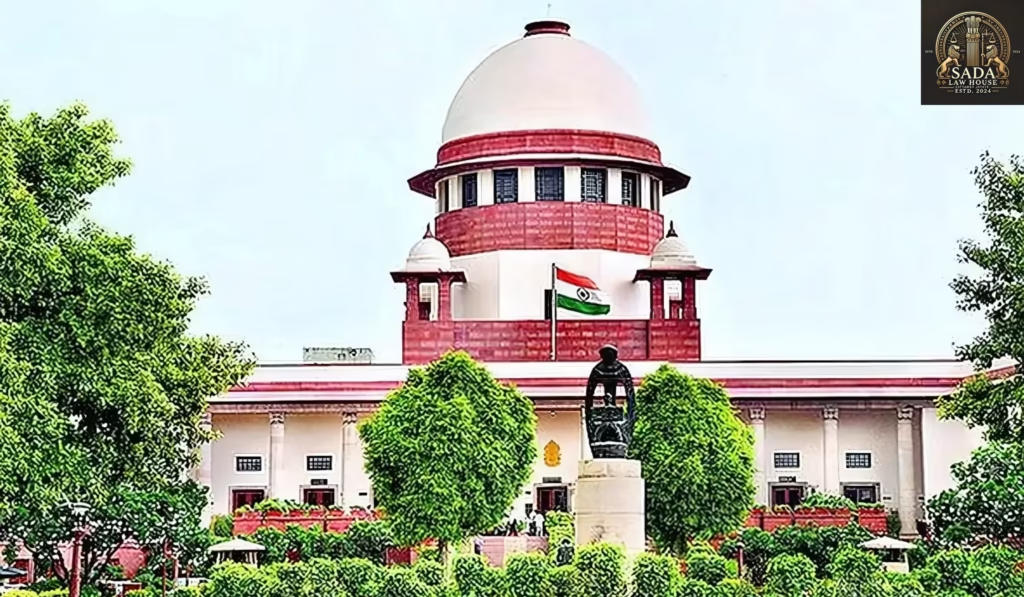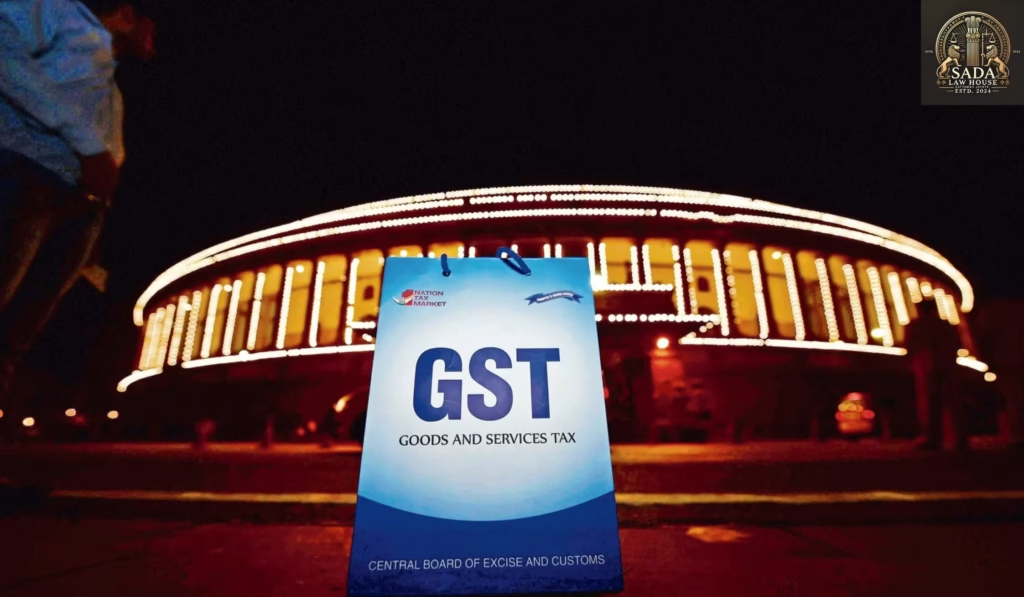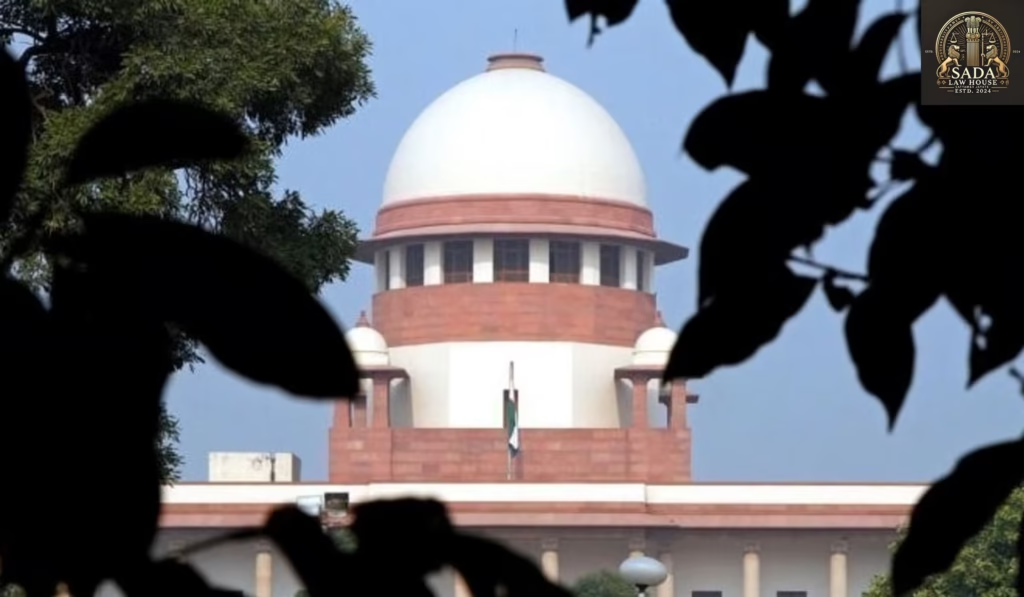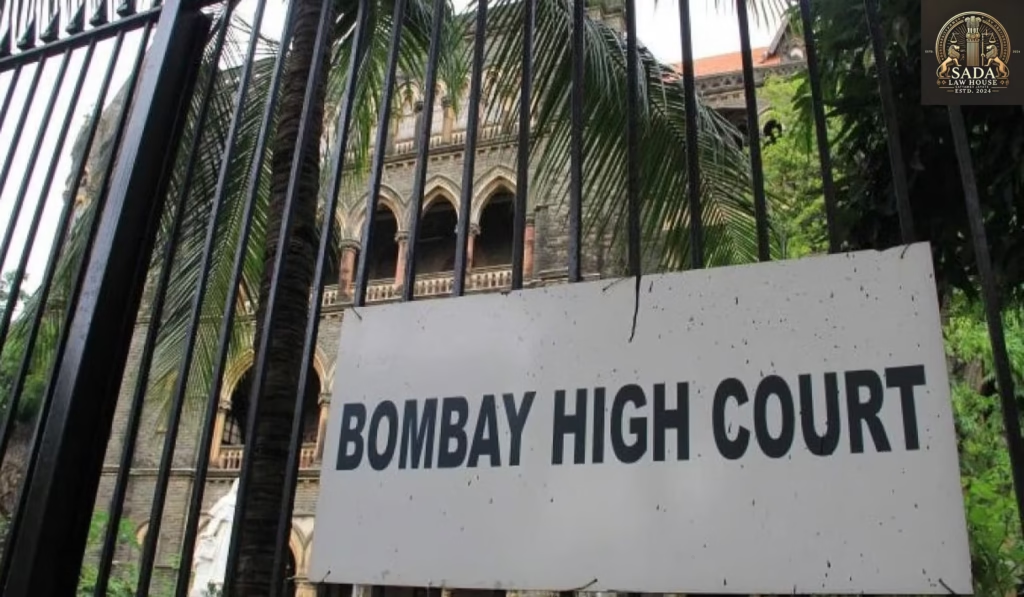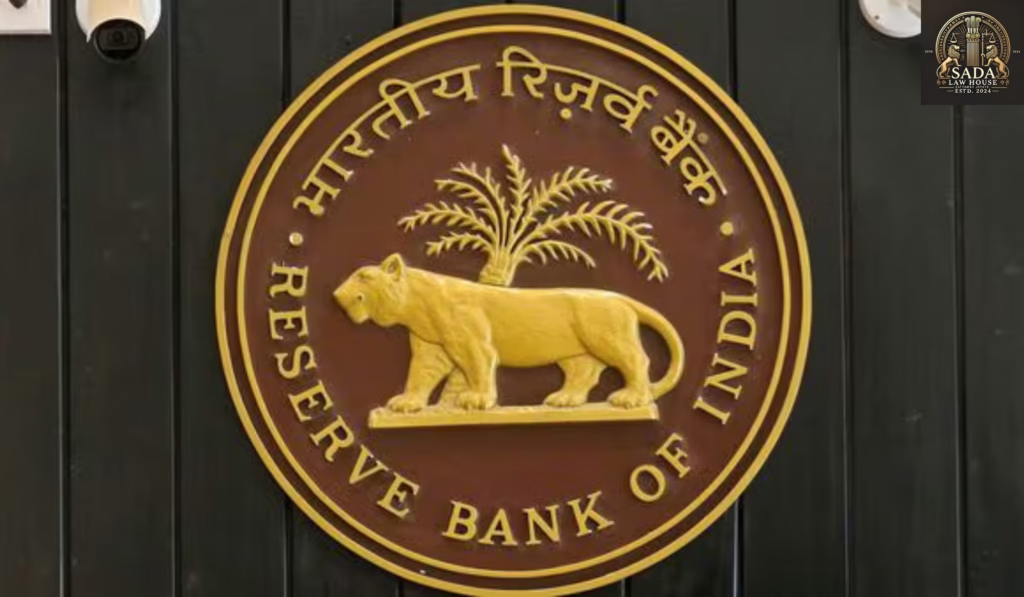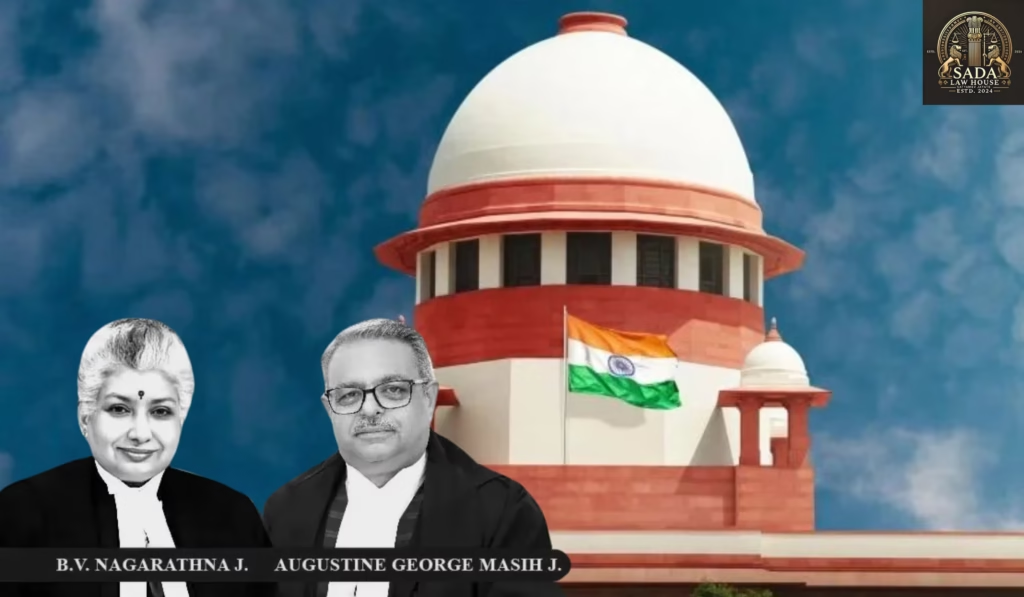Delhi High Court Orders Immediate Abortion for Minor Rape Survivor After AIIMS Delay
Trending Today Delhi High Court Orders Immediate Abortion for Minor Rape Survivor After AIIMS Delay Supreme Court Quashes False Rape Case Based on Promise of Marriage: A Landmark Judgment on Misuse of Law Anna University Sexual Assault Case: Convict Gets 30 Years Rigorous Imprisonment in Landmark Verdict Supreme Court Directs Gauhati High Court to Hear Assam Deportation Petition First CALL FOR PAPERS BY IPVARNA LEGAL JOB OPPORTUNITY AT SHYAMBAZAR LAW COLLEGE LEGAL JOB OPPORTUNITY AT CHILANA & CHILANA LAW OFFICES LEGAL JOB OPPORTUNITY AT ANM GLOBAL LEGAL JOB OPPORTUNITY AT NYATI GROUP LEGAL JOB OPPORTUNITY AT MW ASSOCIATES Delhi High Court Orders Immediate Abortion for Minor Rape Survivor After AIIMS Delay KASHISH JAHAN 03 June 2025 The Delhi High Court has ordered an immediate medical abortion for a 17-year-old rape survivor after AIIMS Delhi delayed care over ID issues, highlighting the need for urgent and compassionate healthcare access for survivors. Delhi High Court Orders Urgent Abortion for Minor Rape Survivor In a powerful move to uphold justice and compassionate care, the Delhi High Court has ordered the immediate termination of pregnancy for a 17-year-old minor rape survivor. The girl had initially approached AIIMS Delhi seeking a medical abortion, but was denied timely care due to the absence of valid identification documents. Delay in Care Due to Bureaucracy The delay caused by procedural formalities placed immense emotional and physical distress on the minor. Denial of urgent medical intervention based on document verification raised serious questions about the responsiveness of the healthcare system in cases of sexual violence. High Court Steps In With Swift Action Distressed by the delay, the minor sought legal recourse. The Delhi High Court responded without hesitation, issuing a directive for immediate medical abortion. The court emphasized that no bureaucratic process should obstruct the timely treatment of sexual assault survivors, particularly minors. Focus on Survivor-Centric Healthcare The judgment highlighted the urgent need to adopt a survivor-centric approach in medical and legal systems. It stated that compassion, speed, and dignity must define the treatment of rape survivors. Formalities like identity checks should never delay emergency medical services in such sensitive situations. Clear Guidelines Issued for Hospitals The court also laid down new guidelines for public and private hospitals to prevent similar incidents. These directives aim to ensure that survivors of sexual violence receive timely, respectful, and barrier-free medical assistance without delays rooted in paperwork. A Landmark for Women’s Health Rights This ruling marks a significant victory for women’s health rights and strengthens legal protection for sexual assault survivors. Advocates and human rights organizations have praised the decision, calling it a step forward in ensuring access to safe and prompt medical abortion services. Conclusion: Urgent Care Must Override Bureaucracy The Delhi High Court’s intervention not only brought relief to a young girl in distress but also exposed a crucial gap in healthcare accessibility. The ruling reinforces that in cases involving rape and abortion, bureaucracy must never take precedence over a survivor’s well-being and rights. Leave a Reply Cancel Reply Logged in as Sada Law. Edit your profile. Log out? Required fields are marked * Message* Live Cases Delhi High Court Orders Immediate Abortion for Minor Rape Survivor After AIIMS Delay Delhi High Court Orders Immediate Abortion for Minor Rape Survivor After AIIMS Delay Sada Law • June 3, 2025 • Live cases • No Comments Supreme Court Quashes False Rape Case Based on Promise of Marriage: A Landmark Judgment on Misuse of Law Supreme Court Quashes False Rape Case Based on Promise of Marriage: A Landmark Judgment on Misuse of Law Sada Law • June 3, 2025 • Live cases • No Comments Anna University Sexual Assault Case: Convict Gets 30 Years Rigorous Imprisonment in Landmark Verdict Anna University Sexual Assault Case: Convict Gets 30 Years Rigorous Imprisonment in Landmark Verdict Sada Law • June 3, 2025 • Live cases • No Comments 1 2 3 … 5 Next »
Delhi High Court Orders Immediate Abortion for Minor Rape Survivor After AIIMS Delay Read More »

